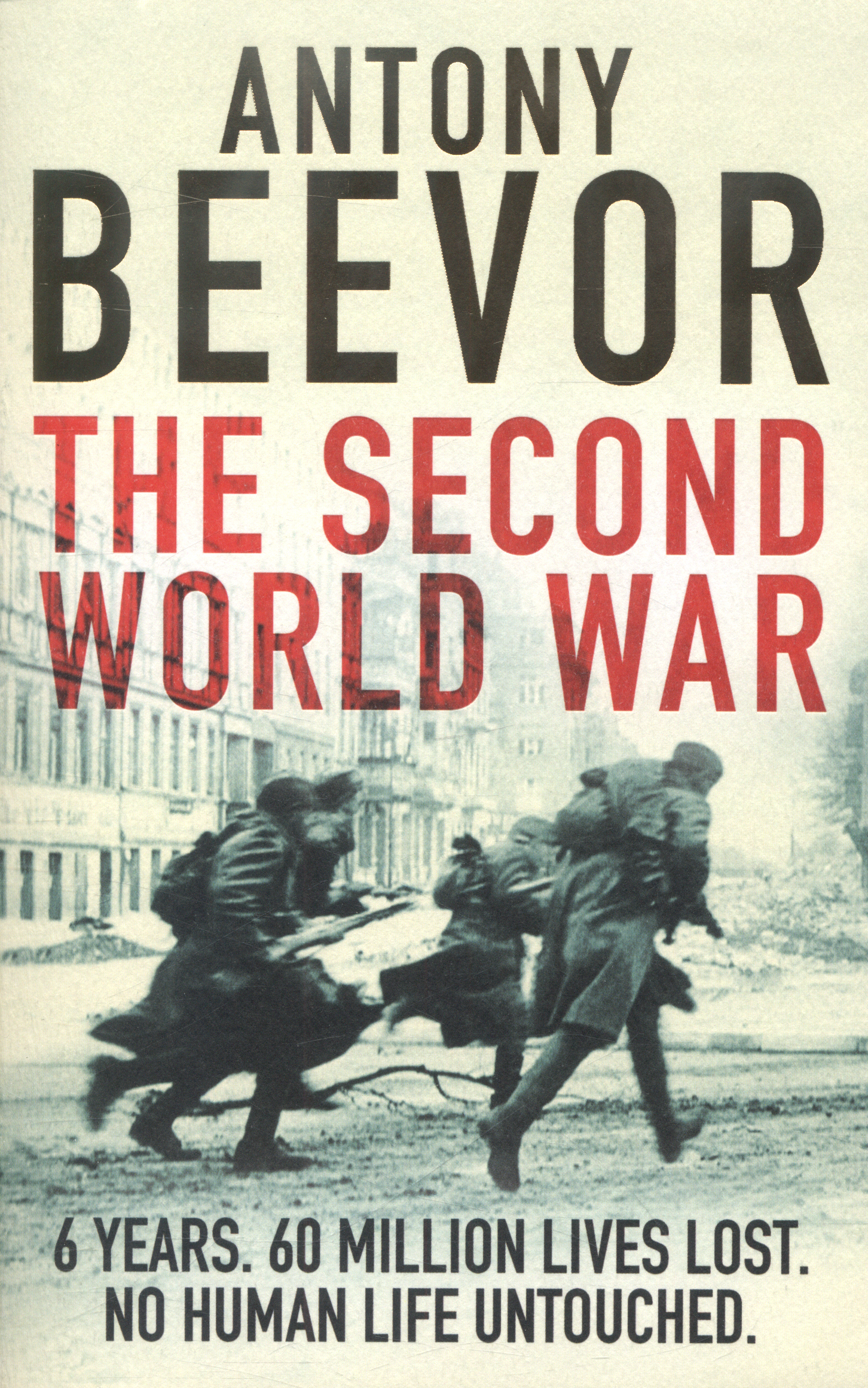
Terror begat terror, which in turn led to even greater cruelty with man’s inhumanity to man, woman and child. Many regard this savage civil war as the most influential event of the modern era.

There was no conspiracy, just a terrible combination of incompetence, complacency and ignorance of conditions in occupied Holland.In 1917 a devastating struggle took place in Russia following the collapse of the Tsarist empire.

Anglo-Dutch relations were severely damaged by this disaster in fact many people in the Netherlands suspected treachery at the London end.

The Abwehr and SD, for once working harmoniously together, thus managed to capture around fifty Dutch officers and agents. Each was deeply shocked to find that the Germans knew everything about them, even the colour of the walls in their briefing room back in England. The chain continued, with one agent after another seized on arrival. A German reception committee was waiting for the new agent, and he was in turn forced to signal back as instructed. But to his horror London assumed that he had simply forgotten it, and replied telling him to arrange a drop zone for another agent to be parachuted in. He did so, assuming that, because he had left off the security check at the end of his message, London would know that he had been captured. The Abwehr forced him to transmit to London. An SOE radio operator was picked up in a sweep in The Hague. This disaster was almost entirely due to appallingly lax practices in N Section at SOE’s London headquarters. It called this counter-intelligence coup Operation North Pole, or the Englandspiel. “The Abwehr also achieved a great success against the Dutch resistance beginning in March 1942. Stalin remained unconvinced even when, during the last week before the invasion, German ships rapidly left Soviet ports and embassy staff were evacuated.” On the night of 14 June, a week before the German invasion, 60,000 Estonians, 34,000 Latvians and 38,000 Lithuanians were forced on to cattle trucks for deportation to camps in the distant interior of the Soviet Union. Despite having received well over eighty clear indications of a German invasion–indeed probably more than a hundred–Stalin seemed more concerned with ‘the security problem along our north-west frontier’, which meant the Baltic states. During the period of the Molotov–Ribbentrop Pact, the Soviet Union had provided 26,000 tons of chromium, used in metal alloys, 140,000 tons of manganese and more than two millions tons of oil to the Reich. “Stalin’s appeasement of Hitler had continued with a large increase in deliveries to Germany of grain, fuel, cotton, metals and rubber purchased in south-east Asia, circumventing the British blockade.


 0 kommentar(er)
0 kommentar(er)
